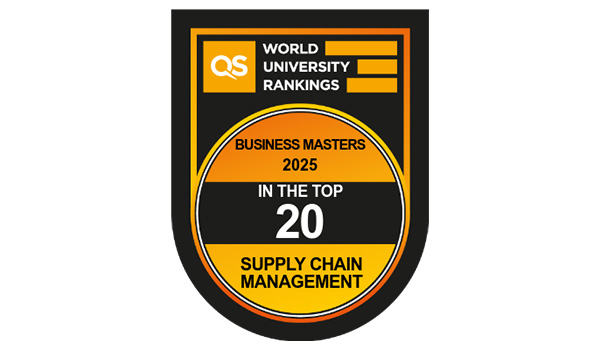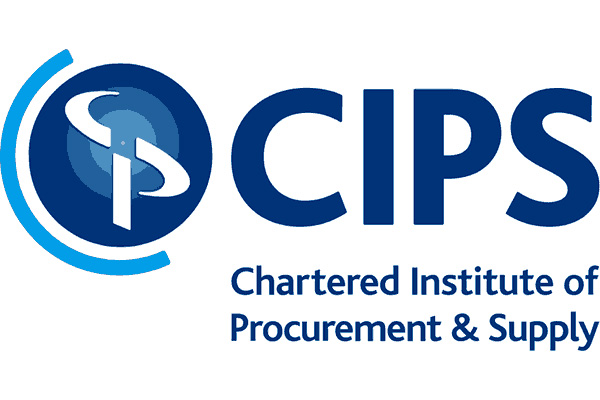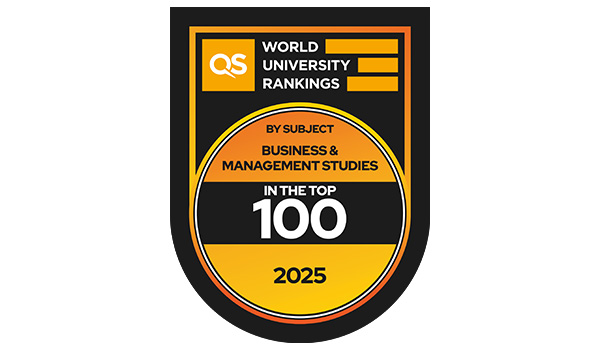Careers
The Department of Management Science provides an extensive careers service and postgraduate students may expect to be eagerly sought after by employers. Major employers contact the Department each year to recruit. Many former students now hold senior positions in their organisations – as management scientists or as managers.
The Department has strong links with companies and organisations, many of which employ our alumni. Companies visit the department to make presentations and interview students as part of their selection process. In other instances, opportunities are advertised via the noticeboards and electronically on the student VLE. You are also asked to contact company recruitment offices directly.
Management Science, Operational Research, Logistics, Supply Chain and Market Analysis are seen by leading companies as the start of a fast track to promotion for high flyers with a numerate or scientific background. Project Management skills are also highly sought after by companies due to a need for improved project success rates and more global and complex project organisations. There is a continually growing market for the project profession which covers many roles from support to strategic leadership. Experience has shown that if you have a postgraduate qualification, you will not only obtain a better starting job but will also receive more rapid promotion.












